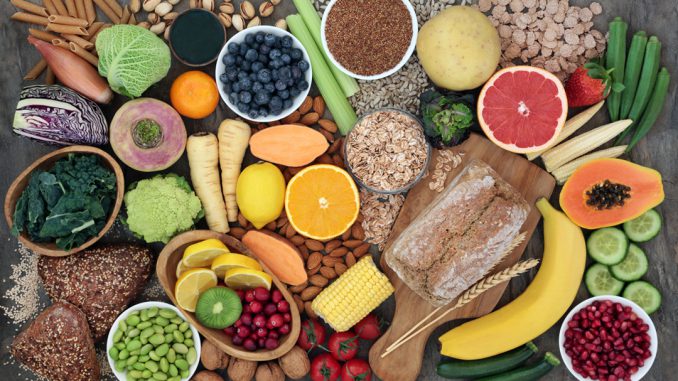
In recent years, scientists have been working diligently to find the correlation between certain life choices and overall life expectancy. That includes stringently looking at diet. We’ve looked at the links between longevity and wine, coffee and sugar and, most recently, researchers have been studying how protein impacts our longevity, which is what we’ll explore here.
The answer isn’t cut and dried. Protein, it was found, does have an influence on our overall health. However, it’s important to note that it’s the source of the protein that really dictates whether it’s beneficial or not – animal-based protein and plant-based protein each has its own pros and cons. Also, the age at which you consume these proteins will also affect its impact.
Six years ago, the National Institutes of Health studied protein consumption in middle age and older, and here is what they found:
- A high-protein diet for those in their 50s and 60s was associated with higher mortality but, in adults older than 65, a high-protein diet was linked to lower mortality.
- Adults in the 50-65 group who reported a high protein intake had a 75% increase in overall mortality and were four times more likely to die from cancer during the following 18 years than those in the low-protein group.
- In the same group, the moderate-protein diet was associated with a threefold increase in cancer mortality, compared to the low-protein diet.
- In participants aged 65 and older, those who consumed high amounts of protein had a 28% lower risk of dying from any cause, and a 60% lower risk of dying from cancer.
- A high-protein diet was also associated with a fivefold increase in diabetes mortality across all ages.
The Natural Medicine Journal also wrote about this study from 2014, and put forth that the data suggested that people should shift their dietary patterns in two key ways. First, patients younger than 65 should be discouraged from eating high-protein diets, especially diets high in animal protein, and they should be encouraged to shift toward vegetable protein. Second, patients older than 65 should be encouraged to consume more protein, as it reduces both overall and cancer mortality − unless at high risk for diabetes.
WebMD states that getting your daily protein from plants instead of animals appears to reduce your overall risk of early death. They explained that a pattern emerged in which plant protein intake appeared to reduce risk of early death. Did you know that recent findings show that every 10 grams of plant-for-animal protein swapping per 1,000 calories resulted in a 12% lower risk of death for men and 14% for women?
The Lancet published a report on the links between lifespan and metabolic health which shows that a reduced protein intake or low-protein/high-carbohydrate diet plays a critical role in longevity. Specific amino acids (AAs), including methionine or branched-chain AAs (BCAAs), are associated with the regulation of lifespan and aging – therefore, methionine or BCAAs restriction may lead to the benefits of longevity, while a high intake of animal protein (particularly red meat, which contains high levels of methionine and BCAAs) may be related to the promotion of age-related diseases.
“The research shows that a low-protein diet in middle age is useful for preventing cancer and overall mortality [death],” study co-author Eileen Crimmins, the AARP Chair in Gerontology at the University of Southern California, said in a university news release (MedicineNet). “However, we also propose that at older ages, it may be important to avoid a low-protein diet to allow the maintenance of healthy weight and protection from frailty.”
More recent studies back up these findings. In fact, this past July, Medical Xpress shared a study by researchers at the U.S. National Institutes of Health’s National Cancer Institute, who found that older people who eat more plant protein as opposed to animal-based protein tend to live longer. Protein can be found in red meat, pork, chicken, seafood and eggs, but it can also be found in plant foods such as tofu, lentils, peanuts, almonds, quinoa, broccoli and oats, to name just a few. In this same study (originally published in the JAMA Internal Medicine), the researchers found that those people, male or female, who consumed more than average amounts of plant-based protein, had a 5% lower-than-average mortality rate. They found that those who swapped just 3% of the animal-based protein in their diets for plant-based proteins saw a 10% reduction in mortality risk, as well as reductions in cardiovascular disease.
In the end, it seems that protein can be a Catch-22 situation: Animal-based protein is only beneficial when consumed at a certain age, whereas it’s healthier to turn to plant-based protein options during other stages of life. The good news is, it’s relatively easy to seek out a wide range of protein options, whether they be animal- or veggie-based. So, try and consume the right proteins based on your age sector, and you’ll reap all of the benefits of this food group.
